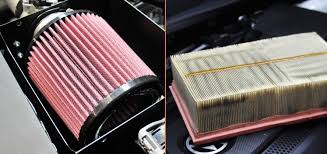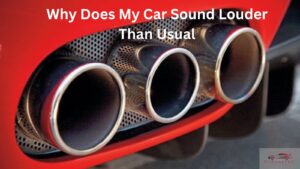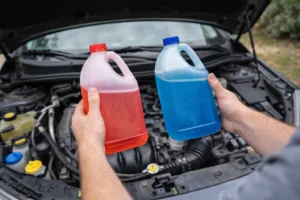Oiled performance air filters are becoming increasingly popular among car enthusiasts due to their ability to enhance performance, filtration, and fuel efficiency. However, like any other product, these air filters have their pros and cons. In this article, we’ll dive deep into the benefits and drawbacks of using oiled performance air filters, and provide you with all the information you need to make an informed decision.
Table of Contents
Pros of Using Oiled Performance Air Filters
Enhanced Filtration Efficiency
Oiled performance filters are designed to trap contaminants better than conventional filters, thanks to their multiple layers of oiled cotton gauze. These filters can capture even the smallest particles, such as dust, pollen, and bacteria, which can help prevent engine damage and prolong the life of your vehicle.
Improved Performance
Oiled air filters can increase the airflow to the engine, which can improve horsepower and torque. This is because they have a larger surface area and a more porous material than traditional paper filters. The increased airflow can also help your engine burn fuel more efficiently, which can result in improved fuel economy.
Reusable
These air filters are designed to be washed and reused, unlike traditional paper filters. This not only saves you money in the long run, but it also reduces waste, making them an environmentally-friendly choice.
Easy to Install
Most oiled air filters are easy to install and don’t require any special tools or expertise. This means you can easily replace your old filter with a new one, even if you’re not mechanically inclined.
Cons of Using Oiled Performance Air Filters
Cost
Performance air filters are more expensive than traditional paper filters. However, they are reusable, so the initial cost is offset by the fact that you don’t have to replace them as often.
Maintenance
It require regular maintenance, including cleaning and re-oiling, to ensure optimal performance. This can be time-consuming and messy, and if not done correctly, can cause engine damage.
Oil Contamination
If the filter is over-oiled or not cleaned properly, the excess oil can contaminate the air flow sensor, causing issues with the engine’s performance.
Voided Warranty
Using an oiled performance filter can void your vehicle’s warranty if it causes damage to the engine or any other related components. Be sure to check with your manufacturer before installing one.
Frequently Asked Questions
Q: How often should I clean my oiled performance air filter?
It depends on your driving conditions. If you drive in dusty or dirty environments, you should clean your filter more often. A good rule of thumb is to clean it every 10,000-15,000 miles.
Q: Can oiled performance air filters increase horsepower?
Yes, they can increase horsepower by allowing more air to flow into the engine.
Q: Are oiled performance air filters environmentally friendly?
Yes, these are environmentally friendly because they are washable and reusable.
Conclusion
In conclusion, using oiled performance air filters has its advantages and disadvantages. While they can increase power and fuel efficiency, they also require regular maintenance, can cause issues with sensors, and may not be suitable for certain types of vehicles or driving conditions. It’s important to weigh the pros and cons carefully.
- Bad Rack And Pinion Symptoms You Should Never Ignore - February 10, 2026
- How To Fix Exhaust Leak Properly Without Costly Mistakes - February 10, 2026
- Fuel Pressure Regulator Symptoms And How To Spot Failure Early - February 10, 2026



